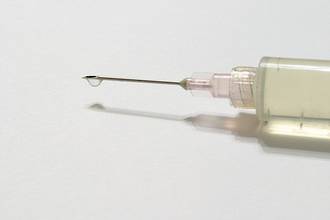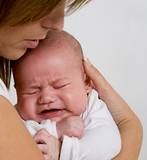Shop
01471
https://www.under5s.co.nz/shop/Hot+Topics+Articles/Health+%26+Wellbeing/Immunising+kids+in+New+Zealand.html
Immunising kids in New Zealand
|
The topic of immunisation for kids often throws up lots of discussion and strong view points, but remember the choice to immunise your children is yours to make.
|
You might also be interested in ...
Symptoms & remedies for teething babies
Some babies breeze through the teething stage while others find it a very painful process. We take a look at teething symptoms and teething remedies to help ease the teething pain for your baby.
Managing infant reflux
Infant reflux is not uncommon in babies, but how do you go about managing reflux and doing what's best for your baby? For many babies with reflux a few home management techniques will help ease their symptoms. However there is reflux medication available for those babies who might need it. We take a look at both home management techniques and reflux medication so you can see what might work for your baby.
join usJoin us on social media for all our latest news. |
sign upSign up and receive our latest newsletters. |
|







Should you immunise your kids
At present, it is not compulsory to immunise children in New Zealand, but it is widely encouraged by medical bodies to help keep childhood disease epidemics at bay.
New Zealand’s target for immunisation coverage is 95% of children being fully immunised by 2 years of age.
However, do your own research before making a decision to immunise your child, so that you have an understanding of the risks and are comfortable about what your child is being injected with.
Some people have concerns about immunisation, ranging from questions about the need to vaccinate when a disease is not common or serious, to issues about the safety and efficacy of vaccines.
The Immunisation Handbook issued by the Ministry of Health looks at these concerns in more detail and may answer some of your questions.
Immunisations for kids in New Zealand
Immunisations begin when your child is six weeks old and carried out by your family doctor or practice nurse.This is followed by other immunisations at 3 months, 5 months, 15 months and 4 years.
Visit the Ministry of Health's website for the latest National Immunisation Schedule.
Vaccine safety
In New Zealand, strict procedures are followed when vaccines are made.
Before a vaccine can be licensed for use it goes through a long testing process by international scientists to check that it is safe, and that it works. This process usually takes several years and includes trials on people who volunteer to use it.
Before a vaccine is approved for supply in New Zealand the manufacturer must demonstrate its quality, that it works well and that it is safe to the satisfaction of Medsafe, a division of the Ministry of Health.
Medsafe’s evaluation is performed to internationally defined standards and is based on data from clinical trials.
Visit the Ministry of Health's website for more information on vaccine safety.
Source: Ministry of Health NZ; Image source: Dreamtime